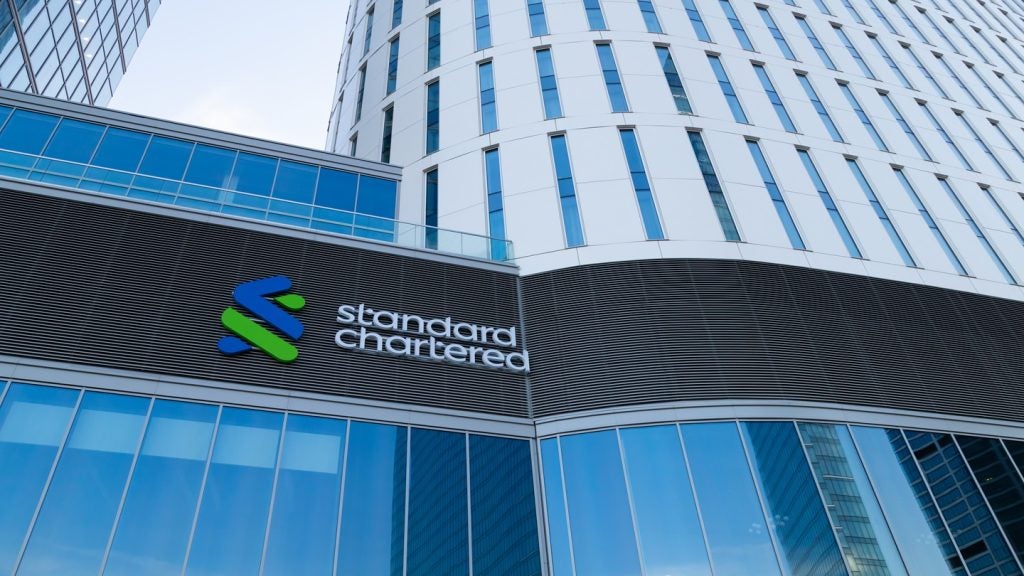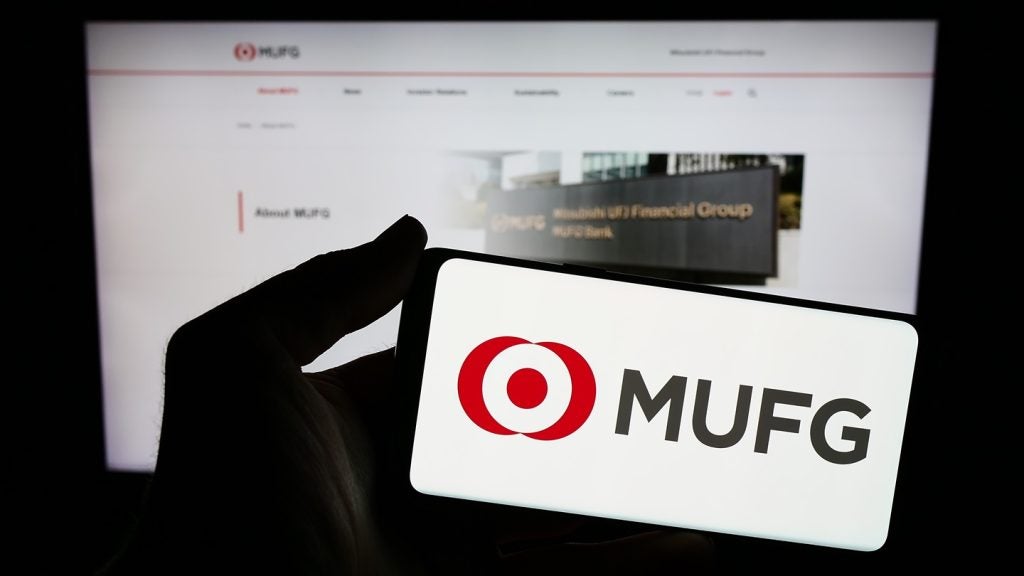aggressively building its global wealth management capabilities,
has won the award for The Outstanding Global Private Bank for 2007
at Private Banker International’s annual tributes to the wealth
industry, beating finalists Credit Suisse and HSBC.
Announcing its awards, PBI declared that Merrill Lynch “has
embarked on a broad and purposeful strategy to be a major player in
all the key wealth markets”. Increasingly, rival bankers say that
Merrill Global Private Client nowadays is among the key competitors
they have to beat in their particular market.
“Merrill works relentlessly to become a true global private banking
power with a wide geographic base,” PBI noted. The group has $1.6
trillion in assets under management – ranking with UBS as the
world’s biggest private client manager.
The awards, based on a poll of PBI readers worldwide and final
selection by an independent panel of judges, were announced at
PBI’s Annual Wealth Summit, held in Singapore on 17-18 September
(see
And the winners are...).
Top private banker
Hans de Gier, chief executive officer of Julius Baer, won the award
for The Outstanding Global Private Banking Leader.
How well do you really know your competitors?
Access the most comprehensive Company Profiles on the market, powered by GlobalData. Save hours of research. Gain competitive edge.

Thank you!
Your download email will arrive shortly
Not ready to buy yet? Download a free sample
We are confident about the unique quality of our Company Profiles. However, we want you to make the most beneficial decision for your business, so we offer a free sample that you can download by submitting the below form
By GlobalDataUnder Hans de Gier, the ‘new’ Baer is one of the assured success
stories in private banking of recent years, the PBI judges decided.
“This is a bank that after the dotcom bust and pressures on
traditional Swiss private banking was forced completely to rethink
its model. Baer really went back to fundamentals, even to the
extent of easing the traditional control exercised by the Baer
family,” PBI said.
Its remarkable transaction with UBS, buying three private banks and
GAM last year, has proved a transforming deal. Baer has been
rapidly using this strength and its brand to expand its offshore
wealth management business into new growth markets that offer the
prospect of strong inflows of net new money, it was noted.
This year’s PBI Editor’s Special Award went to EFG International,
for creating one of the most effective business models around. The
scooping-up of top-level teams of bankers and their clients,
organic growth and targeted acquisitions have made EFG an
impressive ‘new money’ machine in the past couple of years. It is
now the best-in-class in terms of gross margin on assets under
management, at around 120 basis points.
“EFG, more than most in our wealth industry, is today punching well
above its weight,” PBI declared.
The super league
Private bankers at the PBI Wealth Summit rejected suggestions that
an emerging ‘super league’ of wealth management giants will
significantly eliminate other competitors.
More than 50 percent of conference delegates doubted whether these
giants, such as UBS, Merrill Lynch and Citigroup, all with more
than $1 trillion of assets under management, will make it
increasingly difficult for other players to build market
share.
At the same time, delegates, responding to a PBI poll on current
major wealth issues (see The big get bigger, the small will
survive), overwhelming agreed with the proposition that private
banking will need rapidly to update the quality of its overall
advisory services. This is required to meet the growing
sophistication of clients in all geographies as well as to produce
above-average returns at a time of less buoyant markets.
These trends promise to create further competitive pressures on the
wealth management industry, disadvantaging those players unable to
meet the challenge of upgrading their advisory and discretionary
services.
Most private bankers questioned also believed the crisis of
confidence caused by the subprime debacle is going to make it
important to persuade clients to expect lower returns in future.
Most think the average total return expectation should be lowered
to between 10 percent to 8 percent, far less than some of the
handsome returns on portfolios of recent years, particularly in
high-growth Asia.
Delegates also agreed that major wealth industry issues remained
the creation of a deep talent pool to staff up expansion and the
growing cost of know-your-customer and compliance.







